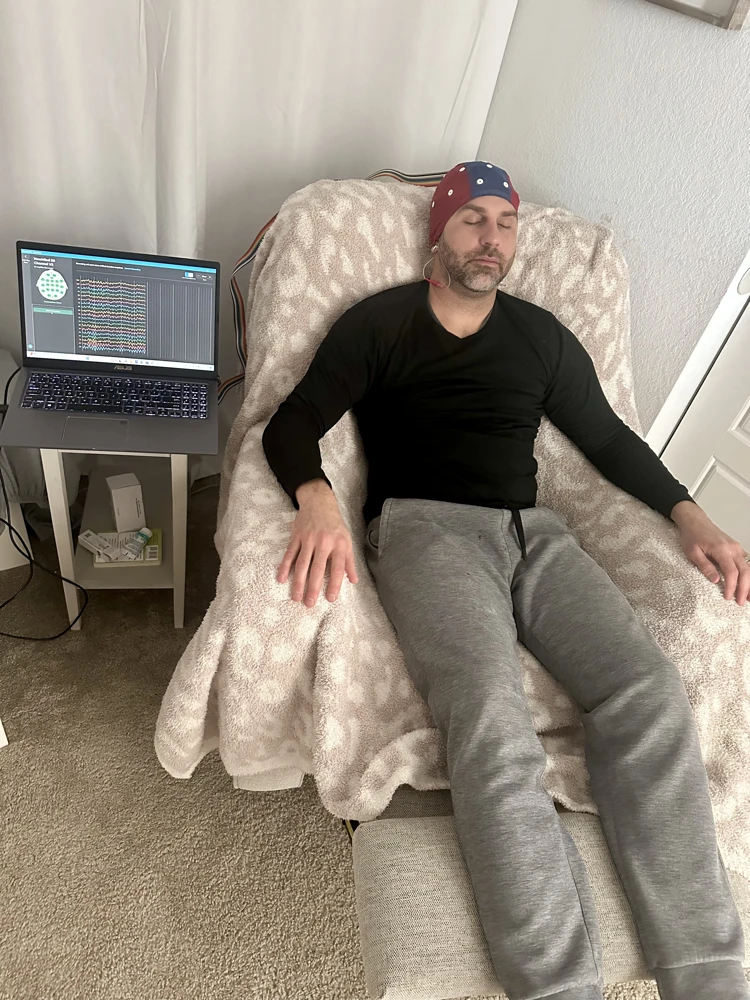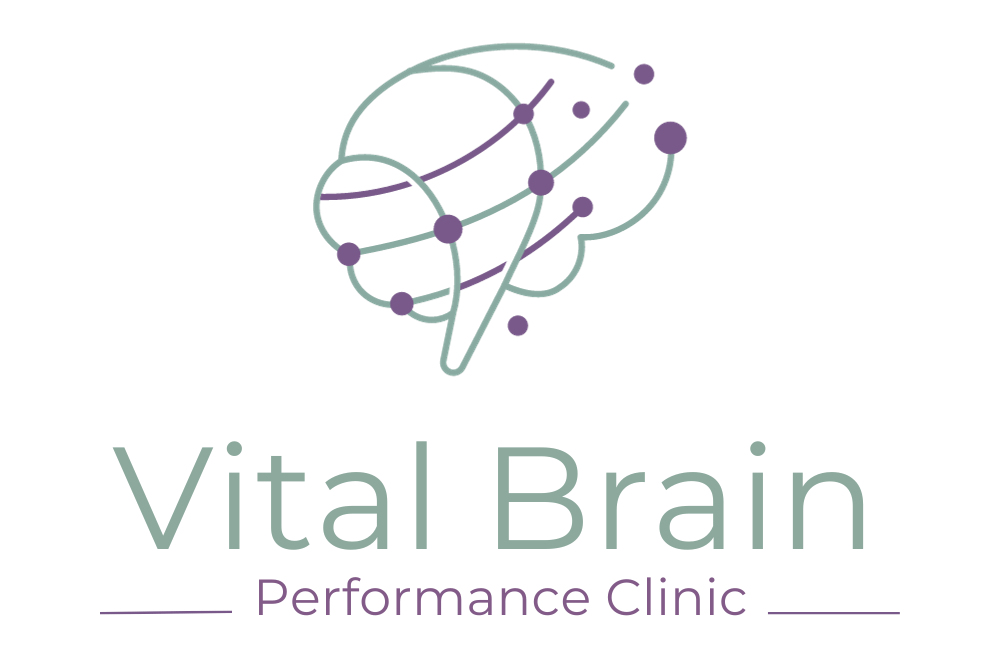The aftermath of trauma can leave individuals feeling isolated and overwhelmed. Post-Traumatic Stress Disorder (PTSD) can manifest in various ways, impacting daily life and hindering well-being. While traditional therapy remains a crucial component of healing, innovative approaches like neurofeedback therapy are emerging as valuable tools in a comprehensive treatment plan, particularly in Colorado. Let’s explore how neurofeedback therapy can support individuals seeking trauma recovery in Colorado.
The Role of Neurofeedback Therapy in Treating PTSD and Trauma-Related Symptoms in Colorado

Neurofeedback therapy uses real-time brainwave monitoring to train individuals to self-regulate their brain activity. This non-invasive technique allows individuals to see their brainwave patterns and learn to modify them toward a desired state through a series of interactive games or activities. Studies have shown promising results for neurofeedback therapy in alleviating various PTSD and trauma-related symptoms, including:
- Reduced anxiety and hypervigilance: By encouraging the brain to function in calmer states, neurofeedback can help individuals feel less on edge and improve their ability to manage stressful situations.
- Improved emotional regulation: Neurofeedback training can empower individuals to better manage strong emotions like anger, guilt, and sadness, which are often associated with trauma.
- Enhanced sleep quality: Difficulty sleeping is a common symptom of PTSD. Neurofeedback can contribute to improved sleep patterns by promoting relaxation and reducing nighttime anxieties.
- Reduced nightmares: Research suggests that neurofeedback can decrease the frequency and intensity of nightmares, which can be a significant source of distress for individuals with PTSD.
It’s important to note that neurofeedback therapy is not a standalone treatment for PTSD. It’s most effective when integrated with traditional therapies like cognitive behavioral therapy (CBT) and trauma-focused therapy (TFT). Licensed professionals in Colorado can guide individuals on whether neurofeedback might be a beneficial addition to their existing treatment plan.
How Neurofeedback Complements Traditional Therapies for Trauma Recovery in Colorado
Neurofeedback provides a unique advantage by directly addressing the biological underpinnings of trauma. Traditional therapies like CBT and TFT equip individuals with coping mechanisms and skills to manage their thoughts and emotions. While these therapies are crucial, they often don’t directly address the underlying neurological changes associated with trauma.
Neurofeedback therapy can complement traditional therapies in Colorado by:
- Enhancing the effectiveness of traditional therapy: By directly targeting brain activity, neurofeedback can create a more receptive environment for traditional therapy interventions, potentially leading to faster and more sustainable progress.
- Empowering individuals with self-regulation tools: Neurofeedback teaches individuals how to regulate their own brain activity, fostering a sense of self-control and empowerment in managing their symptoms.
- Offering a non-invasive and medication-free approach: For individuals seeking alternative or complementary options to traditional medication, neurofeedback offers a safe and non-invasive approach to managing symptoms.
If you’re struggling with the aftermath of trauma in Colorado, know that you are not alone. Neurofeedback therapy offers a promising and complementary approach alongside traditional therapies, empowering individuals to reclaim control and navigate their healing journey. Consulting with a licensed mental health professional in Colorado can help determine if neurofeedback therapy might be a valuable addition to your comprehensive treatment plan. Keep in mind that seeking help is a courageous step towards healing and reclaiming your well-being.




